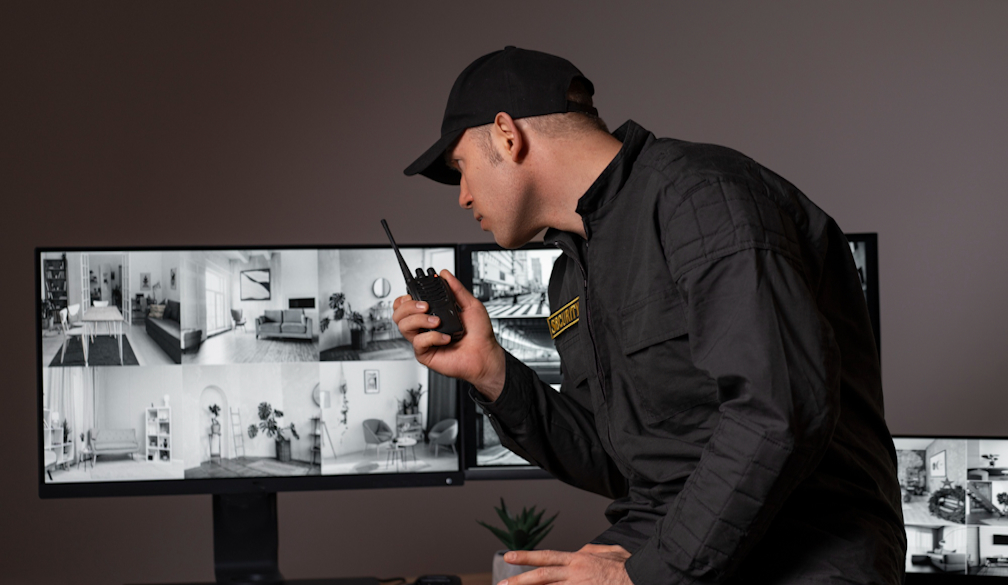The Role of CCTV in Crime Prevention and Home Safety

Closed-Circuit Television (CCTV) has emerged as a vital tool in bolstering security measures for both public safety and private residences across the UK. Its ubiquity in urban landscapes and increasingly in rural areas signifies its importance in deterring criminal activities and ensuring the safety of homes. This article delves into the multifaceted role of CCTV in crime prevention and home safety, providing insights into its effectiveness, the psychological impact on potential offenders, integration with other security measures, privacy concerns, advancements in technology, and guidelines for effective deployment.
The Effectiveness of CCTV in Crime Deterrence
The Impact on Crime Rates
Numerous studies have demonstrated that the presence of CCTV cameras can significantly reduce crime rates in monitored areas. By acting as a visual deterrent, it discourages potential perpetrators who are aware that their actions are being recorded, thus lowering the chances of theft, vandalism, and other offences.
Contribution to Law Enforcement
CCTV footage plays a crucial role in law enforcement efforts, providing irrefutable evidence that can lead to the identification, arrest, and prosecution of offenders. The ability of CCTV systems to help in the solution of crimes cannot be understated, offering a retrospective insight into criminal activities.
Psychological Impacts on Potential Offenders
The psychological deterrent effect of CCTV cannot be undermined. The knowledge of being watched has a profound impact on human behaviour, creating a sense of risk among potential offenders that their illegal activities are likely to be recorded, leading to their apprehension.
Integration with Other Home Security Systems
Enhancing Security Measures
CCTV systems are most effective when integrated with other security measures such as alarm systems, motion detectors, and smart locks. This multifaceted approach to home safety creates a robust barrier against intruders, offering homeowners peace of mind.
Role in Smart Home Operations
In the era of smart homes, CCTV cameras are increasingly being incorporated into broader home automation systems. They allow homeowners to monitor their properties remotely via smartphones or computers, offering real-time updates and alerts.
Addressing Privacy Concerns
Balancing Security and Privacy
While CCTV substantially enhances security, it raises privacy concerns, especially in residential areas. It is vital to strike a balance where the deployment of CCTV cameras respects individuals' privacy rights while effectively deterring criminal activities.
Legal Framework and Compliance
In the UK, there are specific regulations that homeowners need to adhere to when installing CCTV systems, particularly concerning the capture of images outside the boundary of their property. Awareness and compliance with these regulations are crucial to respecting neighbours' privacy and avoiding legal disputes.
Advancements in CCTV Technology
High-Definition and Night Vision
Technological advancements have drastically improved the capabilities of CCTV systems. Modern cameras offer high-definition video quality and night vision, significantly enhancing their effectiveness in all light conditions.
AI and Facial Recognition
Artificial intelligence and facial recognition features are revolutionising the functionality of CCTV systems, enabling them to identify known offenders and alert authorities automatically. These technologies promise to enhance both crime prevention and the speed of response to incidents.
Guidelines for Effective Deployment
Strategic Placement
For CCTV systems to be effective, strategic placement is crucial. Cameras should cover all potential entry points and vulnerable areas of a property without infringing on neighbours' privacy.
Regular Maintenance and Updates
To ensure the continued effectiveness of CCTV systems, regular maintenance and updates are necessary. This involves periodic checks, cleaning of camera lenses, and software updates to protect against cyber threats.
In Conclusion
CCTV plays a pivotal role in crime prevention and home safety, offering a deterrent to potential offenders, aiding in law enforcement, and providing homeowners with a heightened sense of security. However, its deployment must be balanced with privacy considerations and comply with legal frameworks. As technology advances, the integration of CCTV with other security measures and smart home systems will continue to evolve, offering even greater capabilities in the fight against crime. Homeowners are encouraged to stay informed about the latest developments and best practices in CCTV deployment to maximise their effectiveness in ensuring their property's safety.







